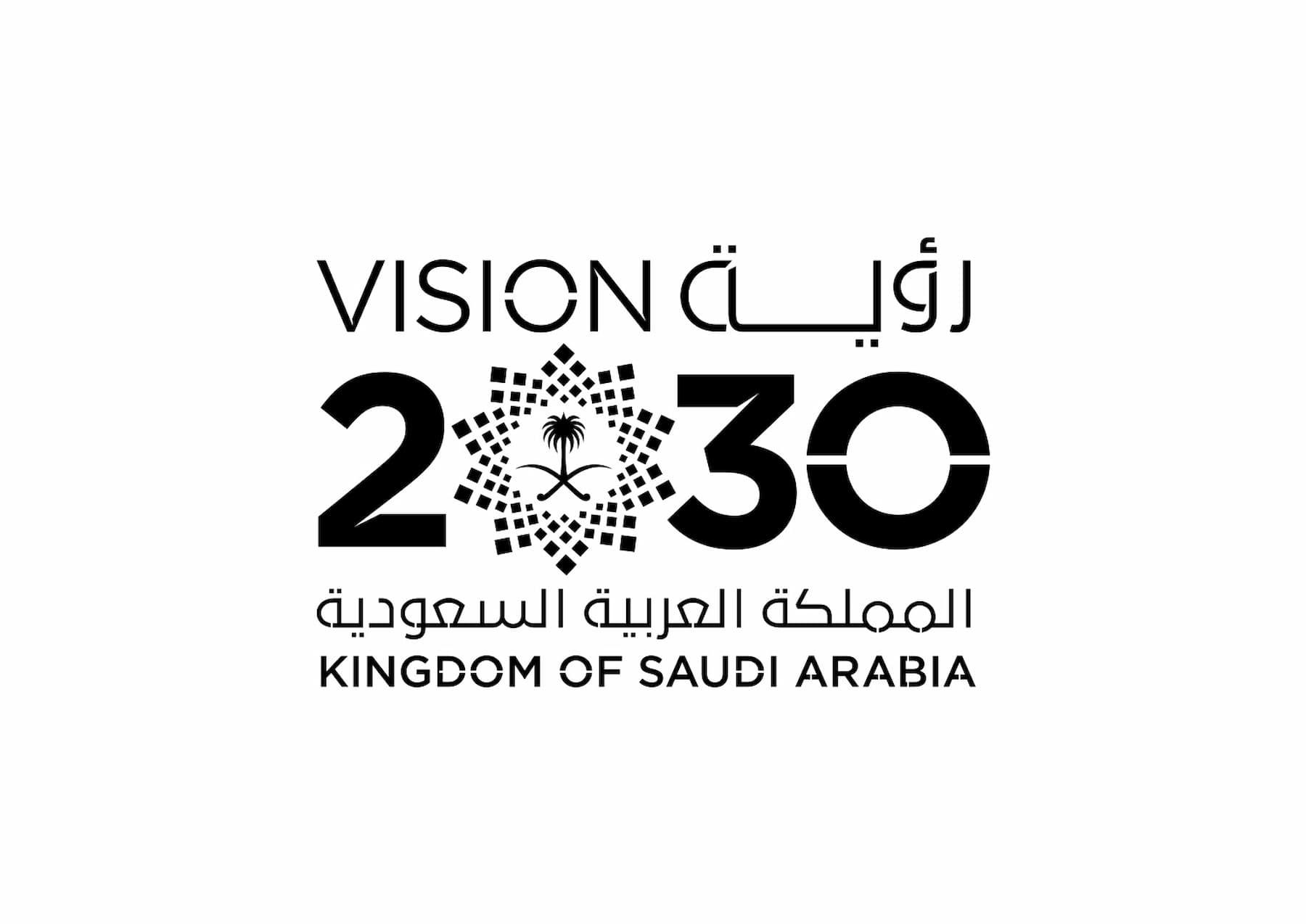
The adoption of drone technology in Saudi Arabia has seen a rapid acceleration over the past few years, with industries realizing the potential for drones to improve efficiency, reduce costs, and help meet environmental objectives. In construction, for example, drones are increasingly used for surveying, mapping, and monitoring progress at construction sites, enabling real-time data collection and significantly reducing the time and manpower required for traditional methods.
One of the standout projects in this regard is the Neom city initiative, which is at the heart of Vision 2030. This planned smart city is utilizing drones for a range of functions, from surveillance to delivering materials. By incorporating cutting-edge drone technology, Neom aims to be a model of sustainable, tech-driven urban development. Experts believe that drones could reduce costs and accelerate construction timelines by streamlining logistics and improving precision.
In the energy sector, drones are helping to optimize operations in both the oil and renewable energy industries. Saudi Arabia, home to some of the world’s largest oil reserves, has been leveraging drones for pipeline inspections, monitoring oil rigs, and ensuring safety measures in remote areas. Drones can cover vast, hard-to-reach areas much more efficiently than traditional methods, allowing for real-time assessments and minimizing risks to human workers. Additionally, the use of drones in monitoring the Kingdom’s renewable energy projects, such as solar farms, is helping to ensure that operations are running smoothly while keeping track of energy production levels.
The logistics and transportation sectors are also benefitting from drone technology. With Saudi Arabia's strategic position as a global logistics hub, drones are enhancing supply chain efficiency, particularly in the distribution of goods in remote areas. Logistics companies are using drones to deliver packages more quickly and to access regions that may be difficult for traditional vehicles to reach. This development aligns with Saudi Arabia’s broader vision of creating a robust, modernized transport infrastructure that can support its growing economy.
Agriculture is another area where drones are helping to drive both innovation and sustainability. Drones equipped with specialized sensors are being used to monitor crop health, assess irrigation needs, and track soil conditions. This technology allows farmers to make more informed decisions, increasing crop yields while reducing water consumption and pesticide use. In line with the Kingdom’s sustainability goals, this type of precision agriculture plays a crucial role in promoting resource conservation and reducing environmental impact.
A major factor in the widespread adoption of drone technology has been the support provided by the Saudi government. Through initiatives such as the Saudi Arabian General Authority of Civil Aviation (GACA), the government has made efforts to regulate drone use and encourage technological development. The introduction of regulatory frameworks for both commercial and recreational drone use has created a favorable environment for innovation. Moreover, Saudi Arabia has attracted significant investments in the drone sector, with both local startups and international companies seeing the potential for growth in the Kingdom’s thriving market.
International partnerships have also been pivotal in accelerating drone adoption. Leading drone manufacturers and tech companies are collaborating with Saudi firms to enhance local capabilities and develop custom solutions for the Kingdom’s unique challenges. By 2025, Saudi Arabia aims to become a regional leader in drone technology, fostering innovation through strategic alliances and investments.
In terms of research and development, Saudi Arabia’s universities and technical institutes are playing an increasingly important role. The King Abdulaziz City for Science and Technology (KACST), for example, has been at the forefront of drone innovation, working on developing advanced unmanned aerial systems (UAS) for various applications. These institutions are not only advancing drone technology but are also preparing a new generation of skilled professionals to drive the country’s drone revolution forward.
While the technological advancements are impressive, the ethical and security concerns surrounding drone use remain important considerations. Privacy, airspace management, and the potential misuse of drones for security threats are challenges that require careful regulation and oversight. The Saudi government is working with international bodies to ensure that the benefits of drones are maximized while minimizing potential risks. New legislation and international collaborations aim to balance innovation with public safety.
Topics
Saudi Arabia
